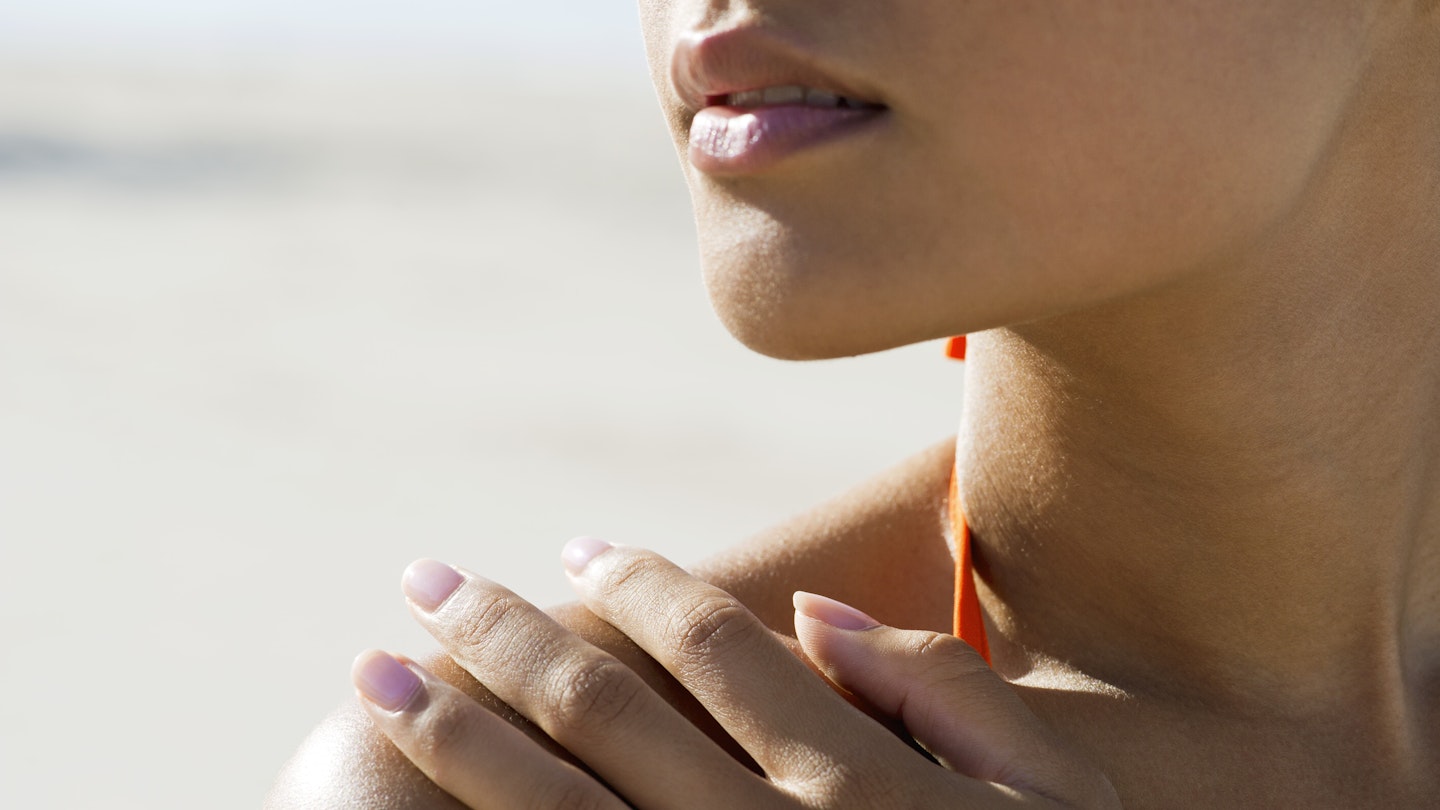With many exotic getaways off limits during lockdown, more Brits have been swapping soaking up sun rays on hot, tranquil beaches for, well, not-so-glamorous sunbathing in local parks and gardens.
But even in unpredictable British weather, we still need to protect our skin - and skin cancer is sadly on the rise.
We spoke to an expert to find out how we can enjoy the sun, without increasing risks to skin damage and threats to our health.
Leading consultant dermatologist at Stratum Dermatology Clinics, Dr Adam Friedmann - who has conducted research on skin cancer at the Melanoma Institute in Sydney - answers some common questions and gives his top tips...
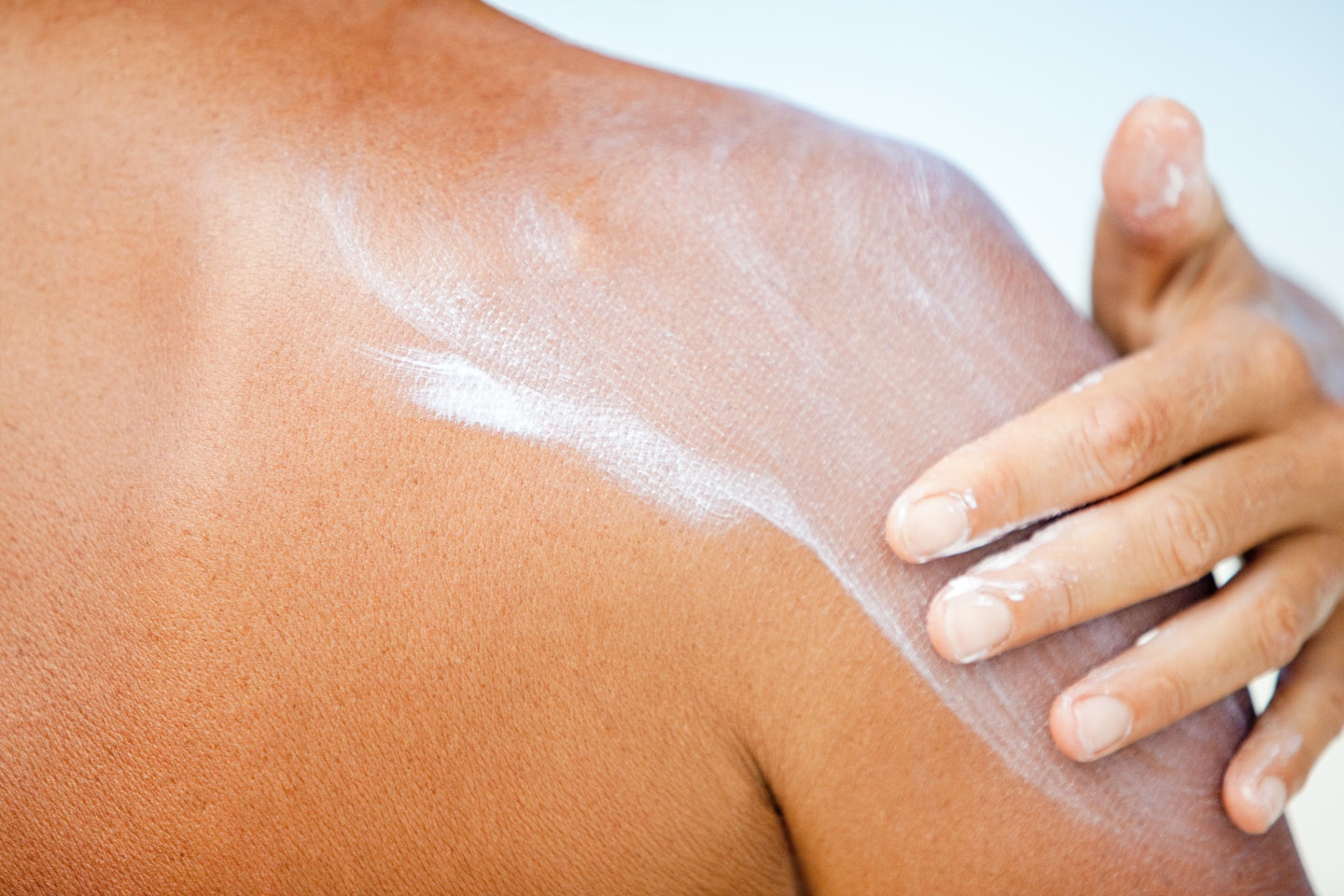
Does a higher SPF allow more time in the sun?
Dr Friedmann says, "This is true, but not to be encouraged as the sun’s rays can still penetrate even the highest SPF sunscreen. The efficacy of any SPF is strictly two hours and after that it must be reapplied."
Is a tinted SPF moisturiser enough protection for my face?
Dr Friedmann says, "Sunlight is the cause of photo ageing so tinted moisturisers are a godsend for short bursts of sun exposure but not suitable for longer stints outside.
A downfall is that users tend to apply a tinted moisturiser first thing in the morning, rather than reapplying every two hours as recommended for an SPF, and it is often applied in a much thinner layer meaning it’s not providing the protection promoted on the bottle."
Surely the UK sun is not strong enough to cause damage - I only need SPF on a sunny day?
Dr Friedmann says, "This is a common misconception and it’s a fact that many sun lovers in their 30s look like they’re in their 40s. A lesser percentage of UV penetrates cloud, but often this is still enough to cause sun damage and burning, especially in the peak summer months."
I'm working from home - do I still need SPF if I’m inside all day?
Dr Friedmann says, "UVA rays can penetrate glass, so if you’re sitting at a desk all day by a sunny window or driving then you need some protection. Although UVA rays don’t cause burning, they do contribute to the risk of developing skin cancer.
"If you’re heading outside to enjoy the midday sun on your lunch break, then sun damage will start immediately. The fairer you are the more at risk you are of photo ageing and burning, and this can begin to happen in as little as a couple of minutes."
CHECK OUT: The products you need to kickstart your summer skin care regime:
CLOSER: Sun protection skin care with dermatologist tips
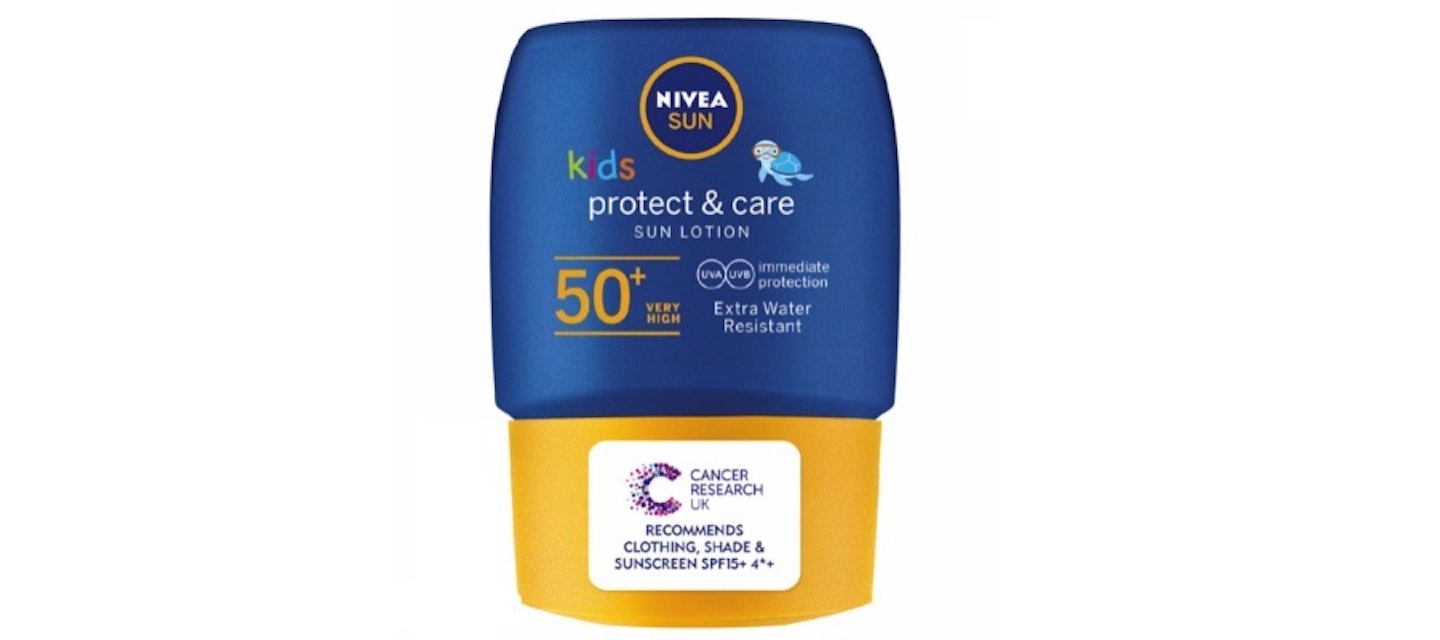 1 of 8
1 of 8NIVEA SUN Kids Suncream Pocket Size Lotion SPF 50+, Protect & Moisture, 50ml
Dr Friedmann advises, "Children's sunscreen is a great choice for adults too. It goes on well and is often great for sensitive skin and delicate around the eyes."
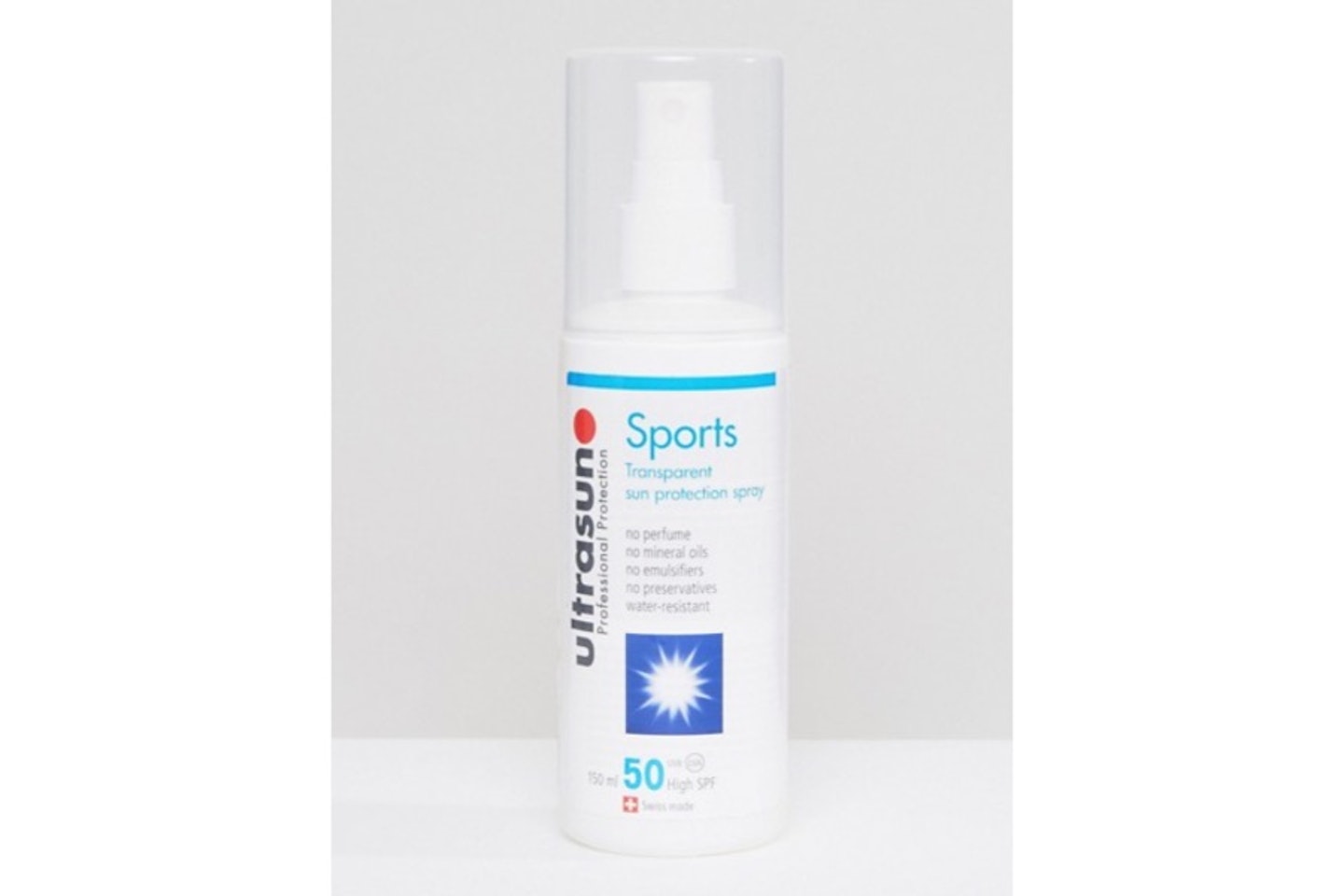 2 of 8
2 of 8Ultrasun Sports Spray SPF 50 Transparent Sun Protection Spray - 150ml
Water-resistant sun creams are always useful, but Dr Friedmann still advises to top up regularly. He says, "Sunscreen becomes weaker and weaker throughout the day as it rubs off via clothes or sweat so remember to reapply. Set a reminder on your phone so you don't forget."
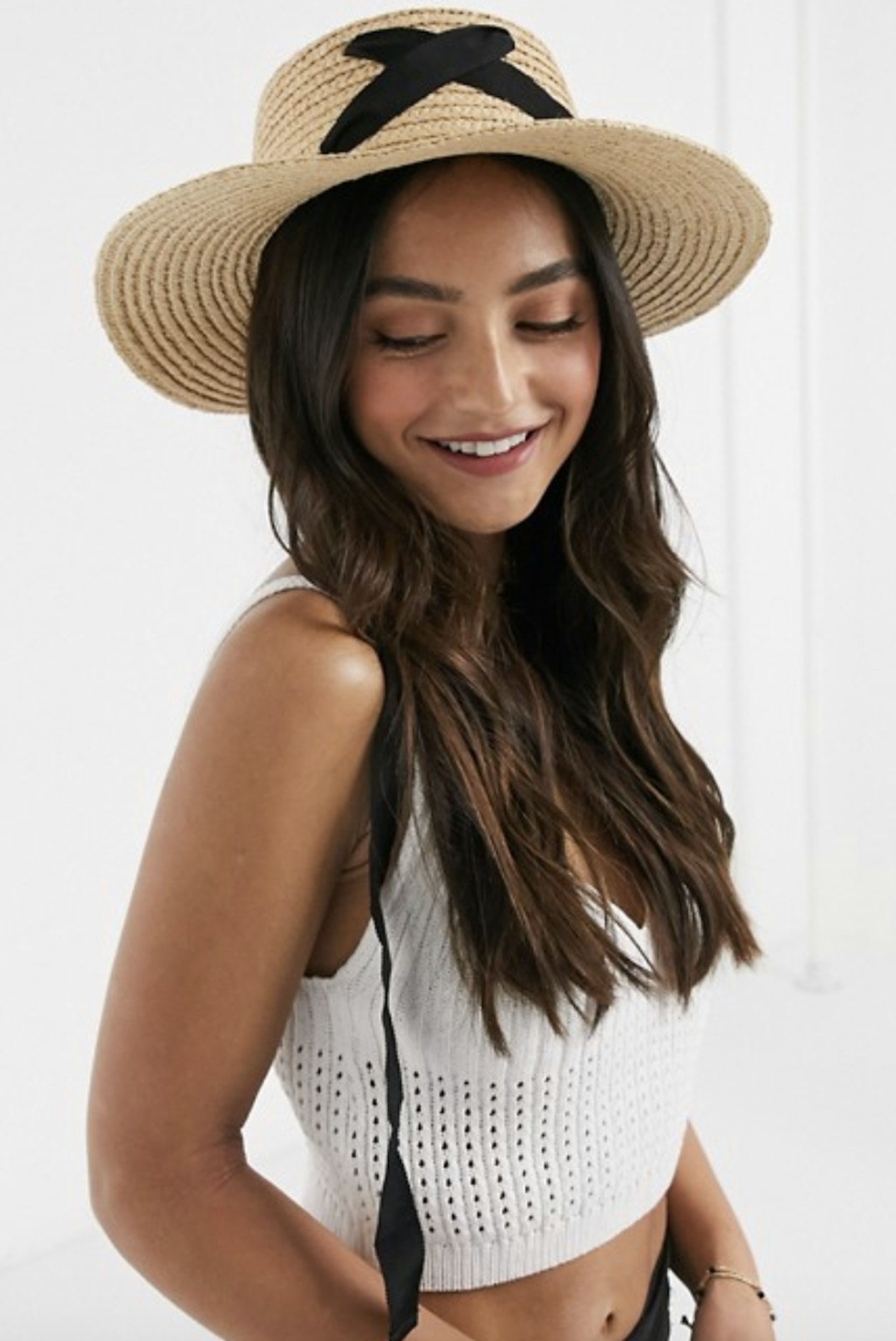 3 of 8
3 of 8ASOS DESIGN natural straw boater hat
Dr Friedmann says, "If a dermatologist is out in the sun, you can bet that they'll be wearing a hat. Also, wearing a hat and shades will stop you from squinting and help prevent wrinkles around the eyes, (although wrinkles are mainly caused by chronic sun damage)." And when over-sized straw hats are a SS20 staple, how can you go wrong!?
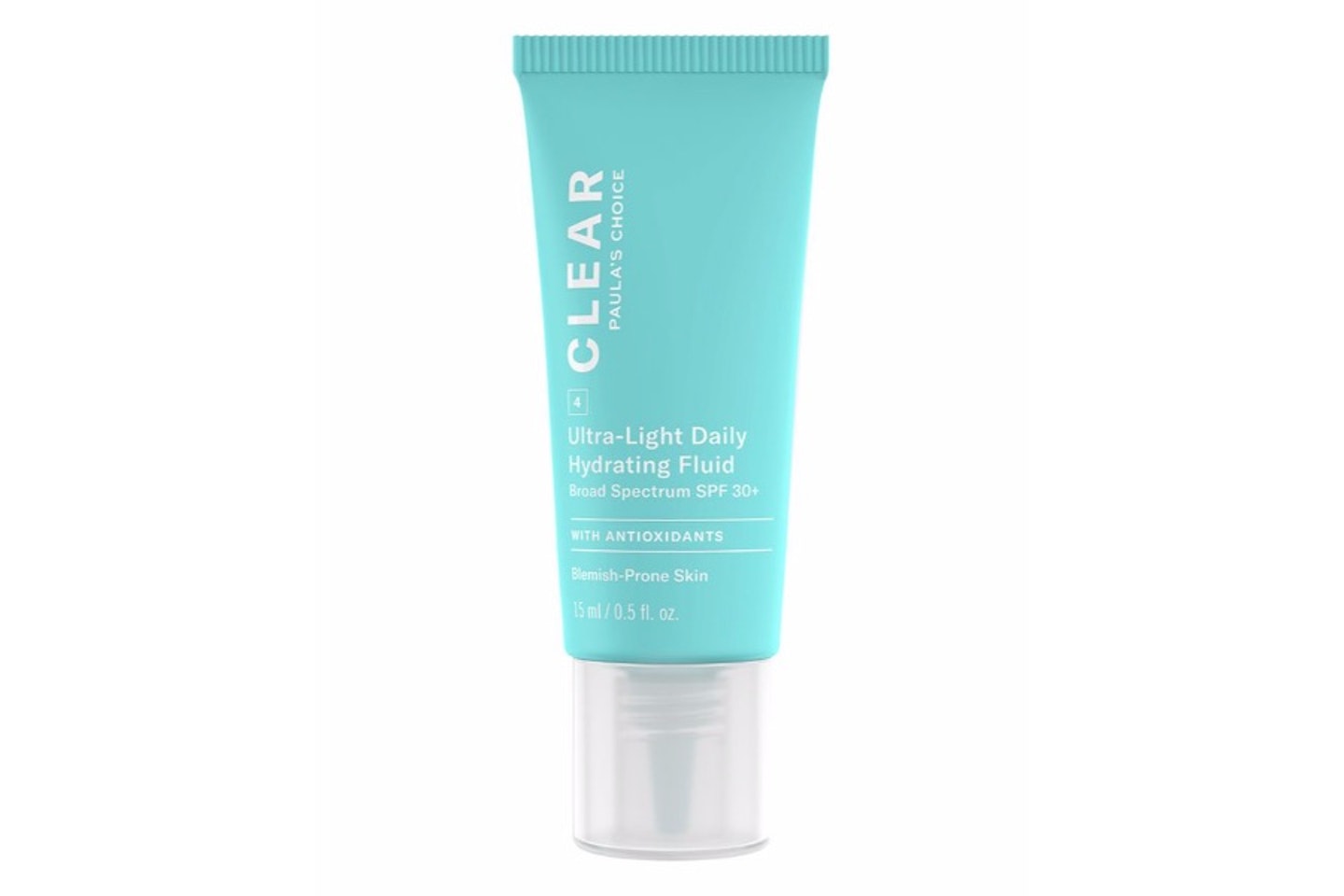 4 of 8
4 of 8PAULA'S CHOICE Clear Moisturiser SPF30( 15ml )
It's common knowledge that we should wear SPF on our face daily - Dr Friedmann says, "tinted moisturisers are a godsend for short bursts of sun exposure."However, they're not suitable alone for pro-longed exposure, so they should be paired with another SPF product. Dr Friedmann adds, "Most people apply a tinted moisturiser first thing in the morning, rather than reapplying every two hours as recommended for an SPF, and it is often applied in a much thinner layer meaning it's not providing the protection promoted on the bottle."
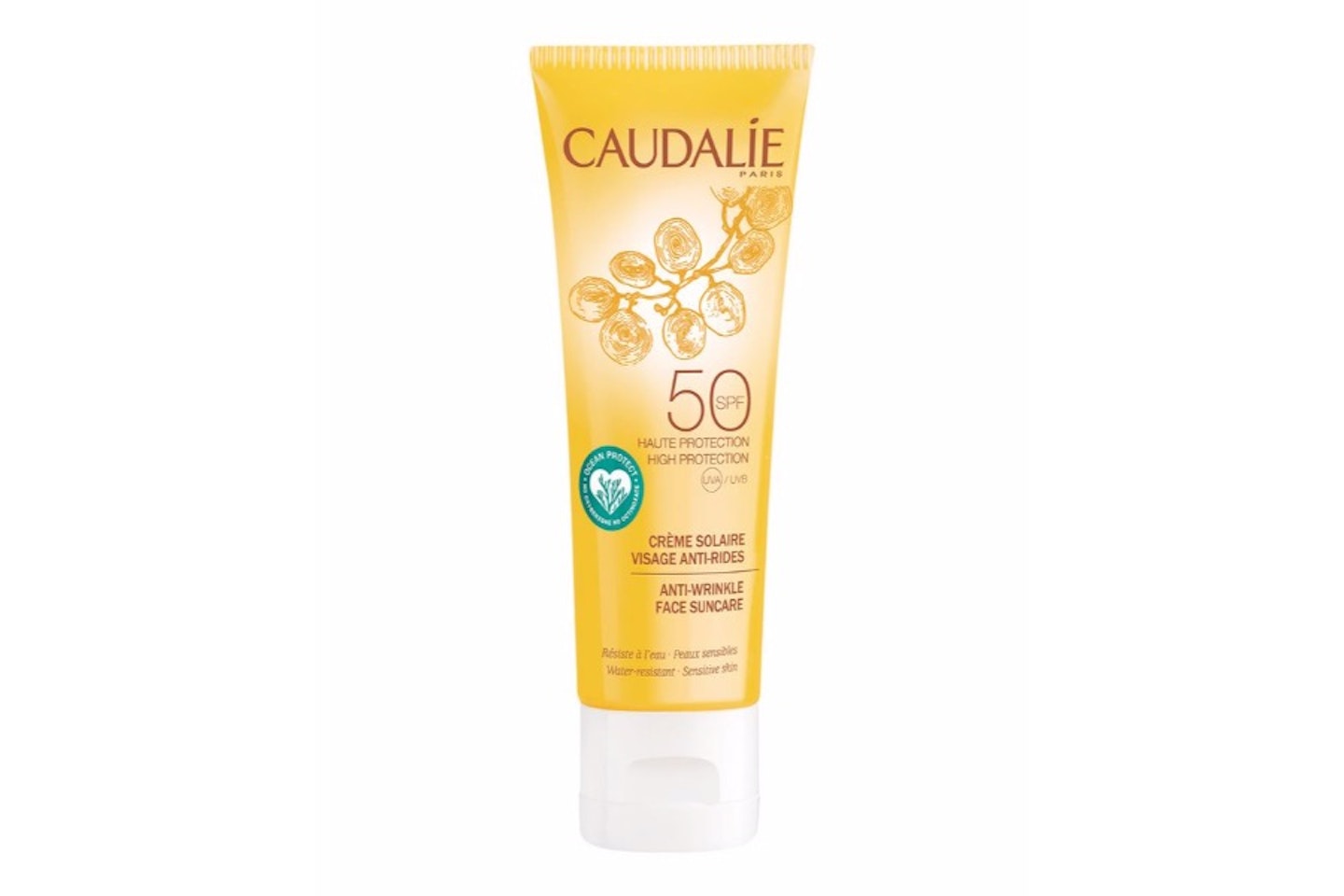 5 of 8
5 of 8CAUDALIE Anti-Wrinkle Face Suncare SPF50( 25ml )
The higher the factor, the better the protection. Dr Friedmann says, "Go high in the first place by opting for a SPF50 so that your sunscreen is still giving a good level of protection as it fades."
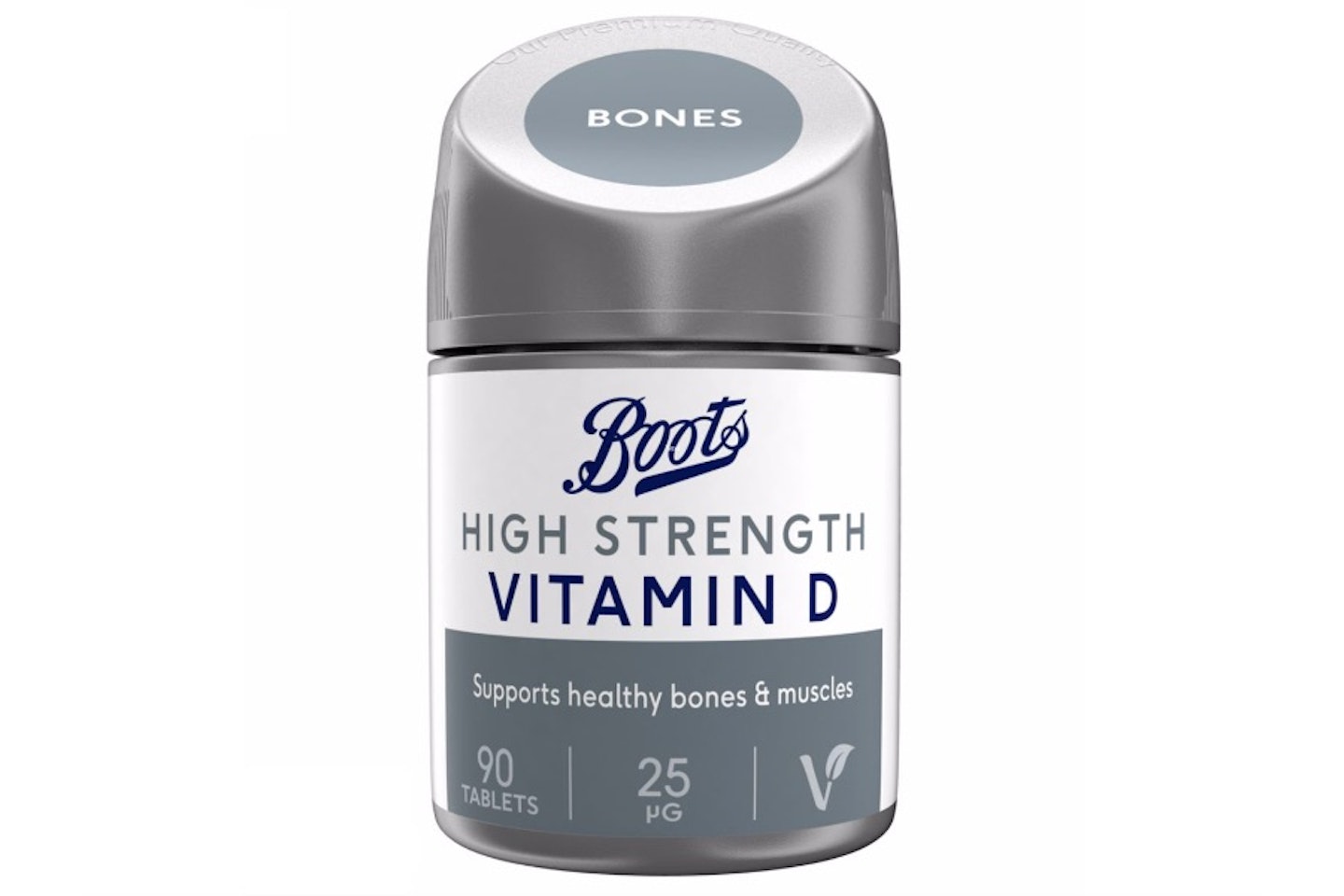 6 of 8
6 of 8Boots High Strength Vitamin D 25 µg 90 Tablets (3 month supply)
Dr Friedmann says, "People often worry about Vitamin D levels and don't apply sunscreen as a result. My advice would be that it's not worth the risk and to take a Vitamin D supplement if this is a cause for concern."
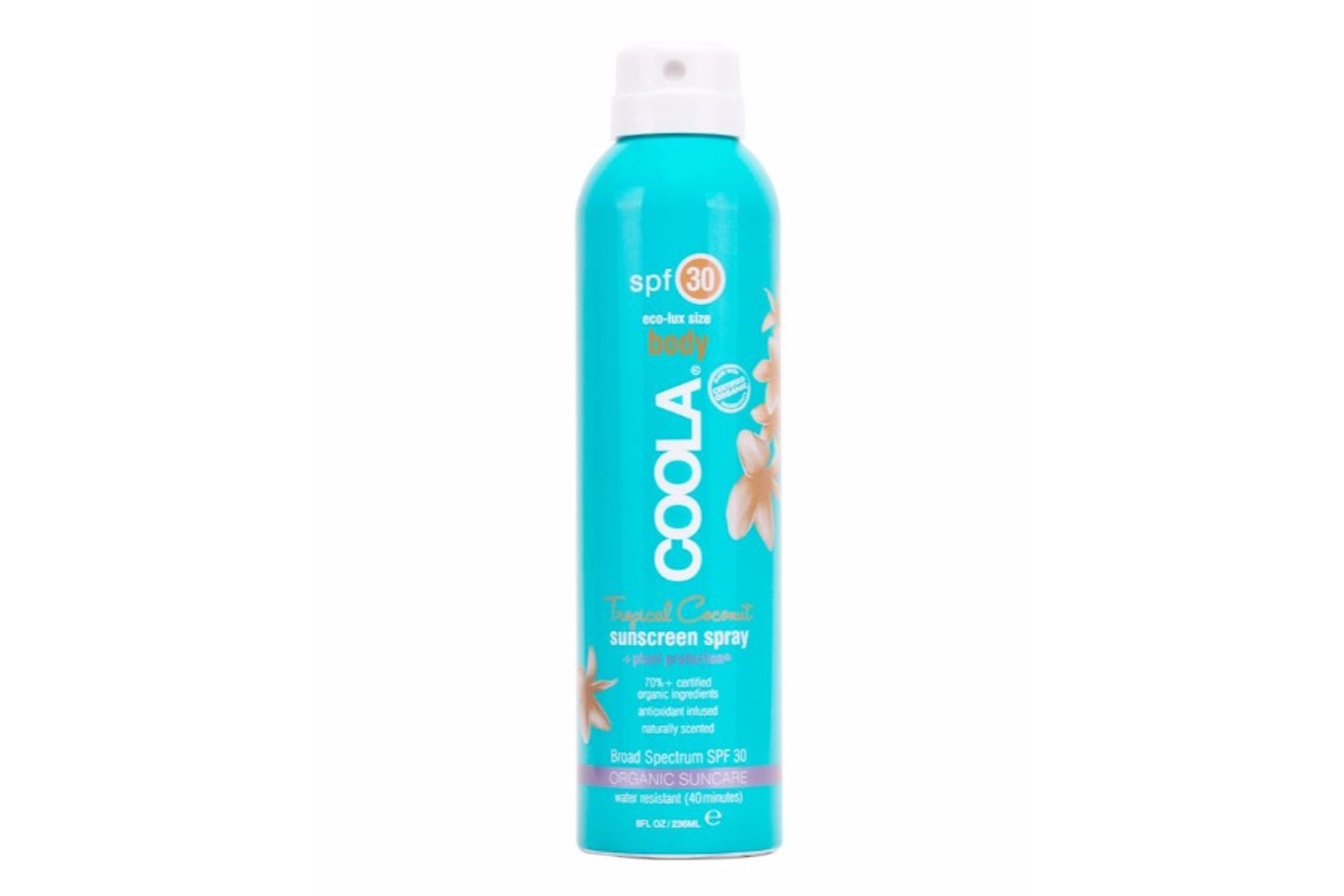 7 of 8
7 of 8COOLA Eco-Lux SPF30 Tropical Coconut Sunscreen Spray
Dr Friedmann says, "The minimum factor for pale white skin should be SPF30, but darker skin tones can get away with lower SPF levels."
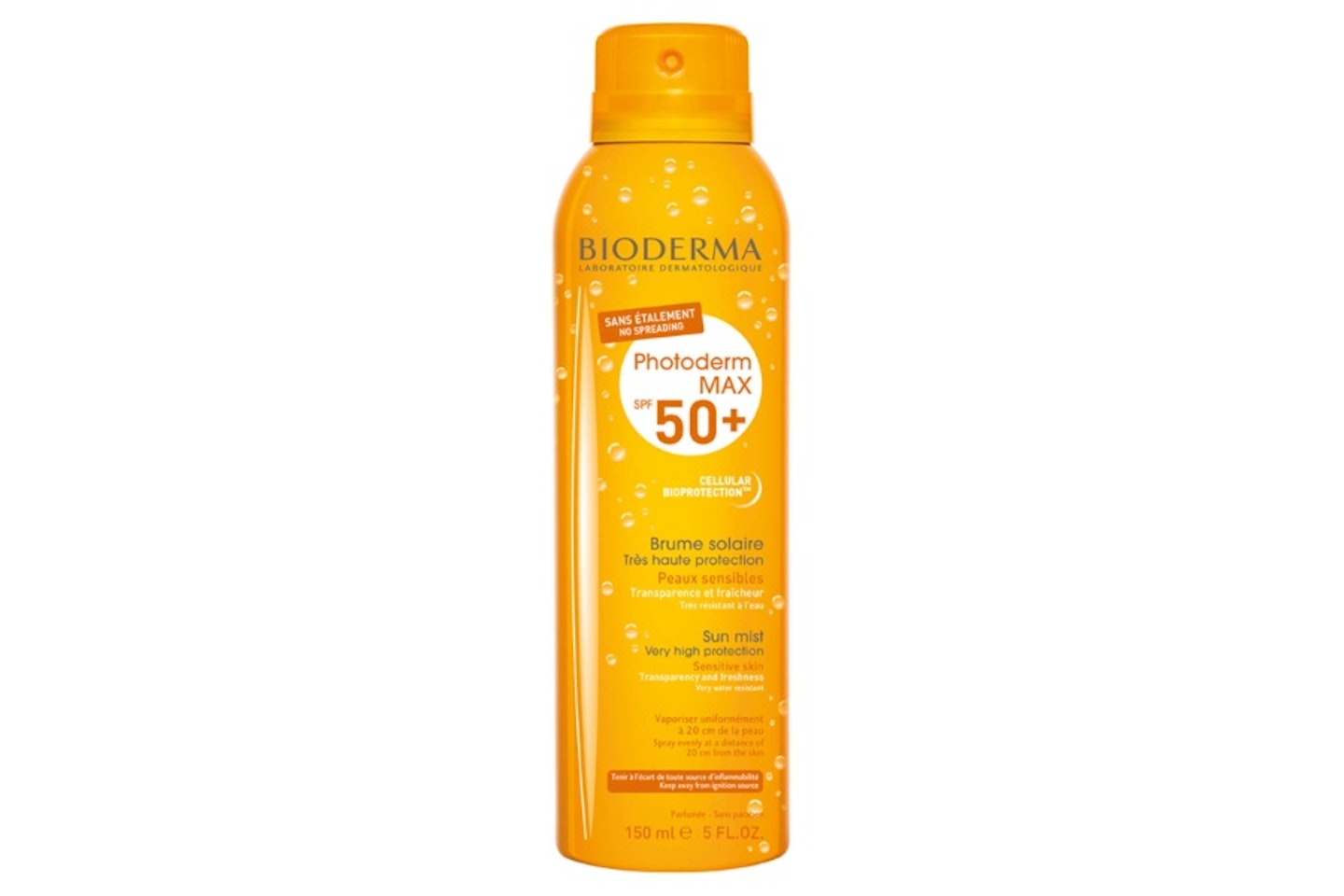 8 of 8
8 of 8Bioderma Photoderm Max Mist SPF 50+ 150ml
Dr Friedmann says, "The SPF number represents the degree of sun protection a cream provides to the skin compared with bare skin. For instance, after SPF60 application, the skin gets the equivalent to one minute of sun exposure for every 60 minutes spent in the sun."
Whilst we may receive commission for purchases made through our links, we never allow this to influence product selections.
Read more on Closer Online...
NOW WATCH Love Island’s Paige Turley on marriage, baby-plans and texting Lewis Capaldi
Dr Friedmann also advises that we should be savvy on how to spot the signs of skin cancer.
He says, "Skin cancer usually presents itself as a mole or mark on the skin and can be dismissed because people don’t notice it or don’t want to bother their GP. Be on mole watch this summer - any mole changing in size, shape or colour should be reviewed straight away."
If you’re unsure, visit www.stratumclinics.com/mole-quiz to take an interactive self-assessment to find out if your moles are likely to be safe or need to be checked by an expert.
